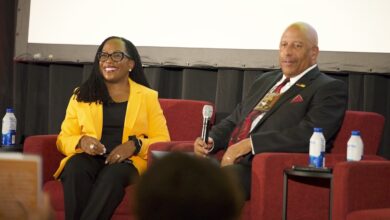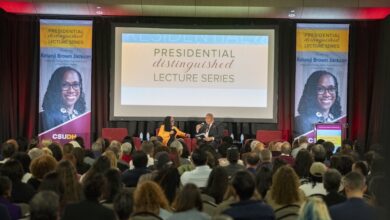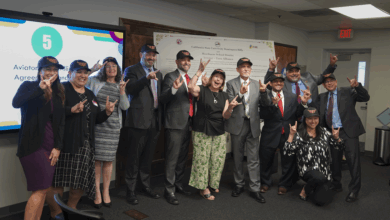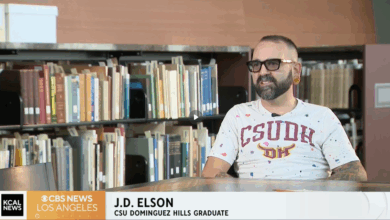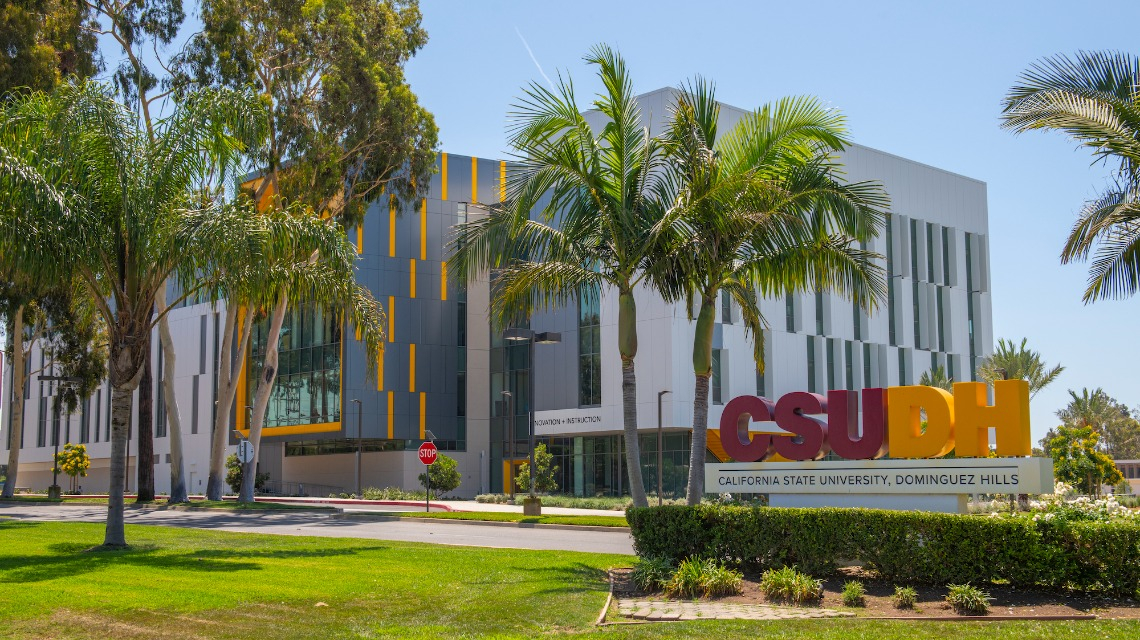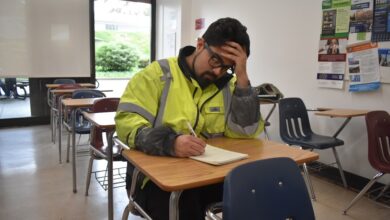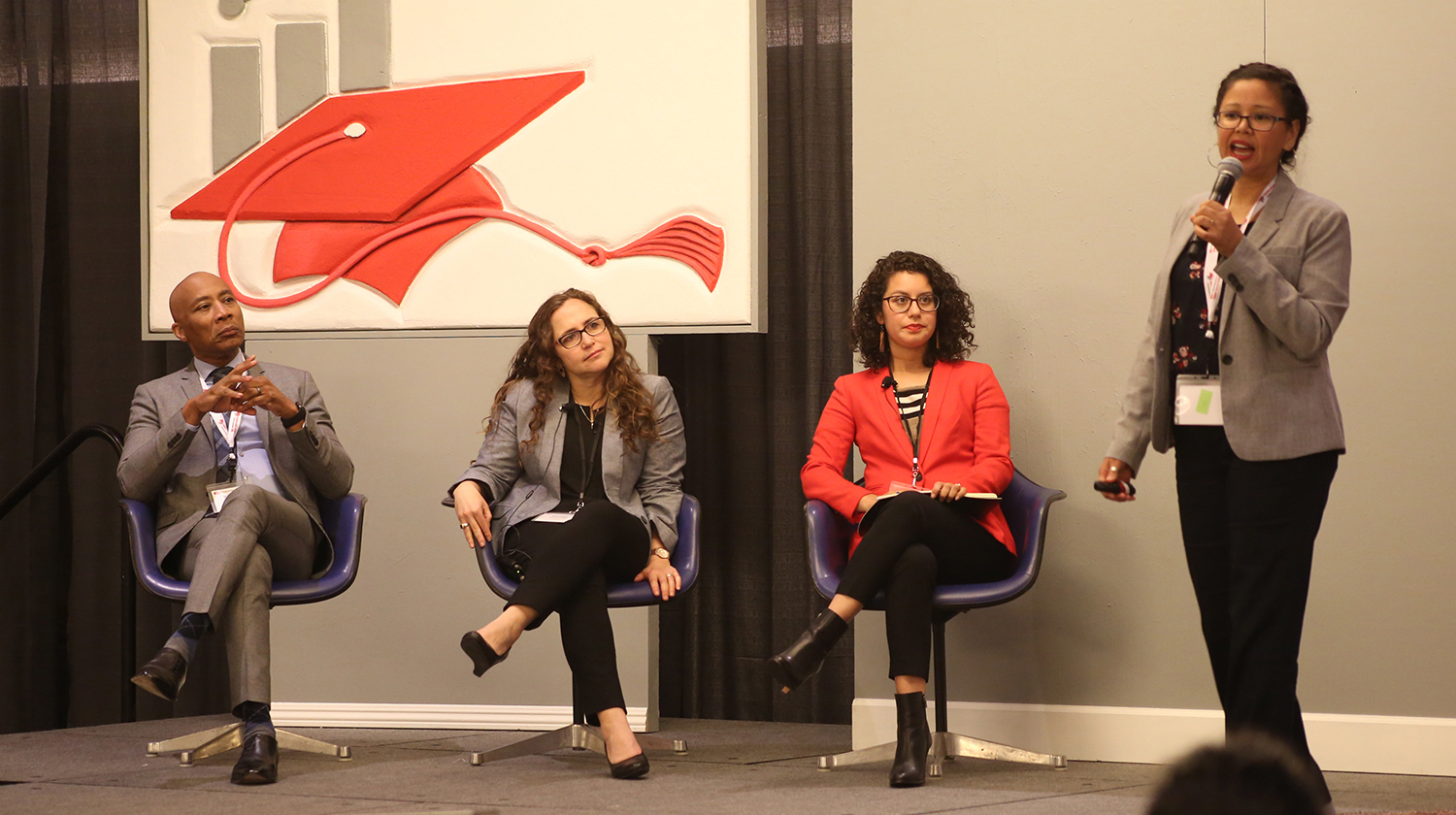Op-ed by CSUDH President Thomas A Parham appears in the June 4 issue of Diverse: Issues in Higher Education.
Minneapolis, Minnesota, is a long way from Brunswick, Georgia and Louisville, Kentucky. Yet the three areas are now inextricably linked by the recent tragedies that befell African-American citizens – murdered in those locations by citizen vigilantes or police officers. Each illuminates a teachable moment that we would do well to learn from, and demonstrates that even during a historic pandemic, when we are all supposedly “in this together,” that we still have a long way to go as a society before we truly reach “togetherness.”
These tragedies shout out a familiar refrain to African-Americans everywhere, who continue to live in fear of predators on all sides. Whether vigilantes, criminals, or law enforcement personnel, these predators are seen as a potential threat to every person of African descent, irrespective of position or social status. It very much seems that it’s just not safe to be Black in America.
However, I remain hopeful that this situation can be rectified in time. I believe that education can be the key to understanding one another and moving forward toward a truly just society. Being a university leader demands that I attend to that reality, even as I plan for our next semester here at CSUDH under the cloud of the COVID-19 pandemic.
Reliving a Racist Past
The senseless and unexplained assaults on the lives and humanities of Black people should be relegated to our nation’s past, but trying to escape a history of racism and White supremacy is not an easy task. From slavery to the Watts Rebellion, that legacy is permanently cemented in our history books.
Markers like electing America’s first African-American president or increased numbers of Black and minority college graduates point to progress in this arena. But a more intentional and deliberate look at our nation’s deep structure reveals that such sign posts of social change may be more counterfeit than people imagine – our progress more of a mirage than legitimate improvement.
It is undeniable that some progress has been made; my own career is proof of that. Yet too many in this nation, particularly African Americans, continue to be denied an authentic slice of the American dream, as their lives are terrorized by what can only be described as an American nightmare.
George Floyd died after being pinned down by police. Ahmaud Arbery was simply jogging through a neighborhood when confronted by White assailants who assumed he was a thief; he lost his life in that Georgia suburb. First responder Breonna Taylor overcame her fear of COVID-19 to stand with colleagues on the front line to help save lives. Yet, she became another police shooting victim while relaxing in her own Louisville apartment. Both were brutally murdered by forces that mistook them for something they were not. Their lives were forfeited to the racist biases of people haunted by their own prejudices and bigotry.
Clearly, the frequency with which these tragic deaths continue to occur paints a frightening portrait. The tragic stories of Trayvon Martin, Sandra Bland, Michael Brown, and too many others are still ever-present in the minds of the African-American community. The rate at which these killings occur indicts a nation that is either in denial about realities of Black life, oblivious to the conditions that plague African-American citizens, or too dispassionate about the loss of innocent Black lives.
The psychologist in me has long pondered this dilemma. How can we legitimately claim that this is the land of the free, when some of its citizens cannot drive, jog, sleep, or just exist while Black? Similarly, I have also questioned how anyone of any race can bear witness to the suffering of African-Americans, sit in silence about these tragedies, and still maintain their humanity and dignity.
The Importance of Education
Being a university president provides me with an interesting perch from which to view this situation. From where I sit, we need new voices, ideas, and energy to help us close the gap between the aspirational America we all hope our country can be, and the one that continues to signal that Black lives are expendable. So, where do those new voices come from?
One avenue can be our institutions of higher learning, full of students anxious to discover, critique, analyze, learn, and grow. On our university campuses, we have the privilege to help educate students, and dislodge them from the intellectual, emotional, and behavioral apathy that can keep them tied to biases they arrive at our doors with. We can help them critically analyze information, debate differing points of view, form more persuasive arguments, and find their own voices.
Hopefully, a more educated citizenry can help to challenge the biases and assumptions people harbor toward those who are different. Education can help push us forward to social norms that marginalize the toxic thoughts, feelings, and behaviors that some now feel comfortable to display, and hold accountable those who would violate these norms of decency and respect for the lives of those different from ourselves.
A Soul in Need of Saving
Indeed, the quest to better affirm and support the dignity and humanity of African-Americans and all citizens is a struggle for the soul of this nation. While justice needs to be demanded in the murders of Black men and women, allies need to echo their concerns as well. I’m reminded of Dr. King during the bus boycotts of the mid-1950’s, when he observed that the citizens who joined in the boycott would rather walk the streets in dignity than ride the buses in humiliation.
So I come to you as a university leader, psychologist, professor, and healer, to ask: What would each of us do to dignify our struggle against oppression, rather than humiliate ourselves with the comforts of conformity?
We have to decide what kind of country we want America to be. How committed are we to closing the gap between what we preach as a nation, and how we actually live? I am committed to doing my part as an educator to convince students that oppressing others in order to affirm themselves is a road to nowhere. I am also committed to the electoral process, voting for the change we desperately need. What’s your role? With each tragedy we experience or read about, a bit more of our nation’s soul slips away. How committed are you to rescuing it?

